Mathematics
Subject Hub Leader:
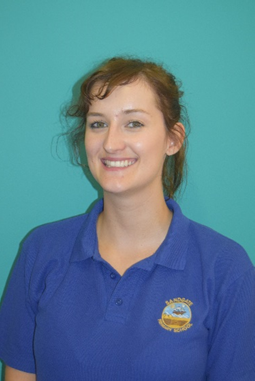 Catherine Evans is a Senior Leader at Sandgate Primary School, with experience working as a class teacher across a range of ages including Year 2 and 6. She has experience as a Science Specialist Leader and has previously led a STEM Enthuse Partnership, linking local schools together to ensure that Science learning is rich, engaging and designed to fully equip children for the future.
Catherine Evans is a Senior Leader at Sandgate Primary School, with experience working as a class teacher across a range of ages including Year 2 and 6. She has experience as a Science Specialist Leader and has previously led a STEM Enthuse Partnership, linking local schools together to ensure that Science learning is rich, engaging and designed to fully equip children for the future.
Catherine is passionate about STEM subjects and believes that they allow children to explore and engage with the ever-changing world: all children should be empowered with the knowledge and skills they may need as potential future engineers, mathematicians and problem-solvers.
Maths Curriculum Vision:
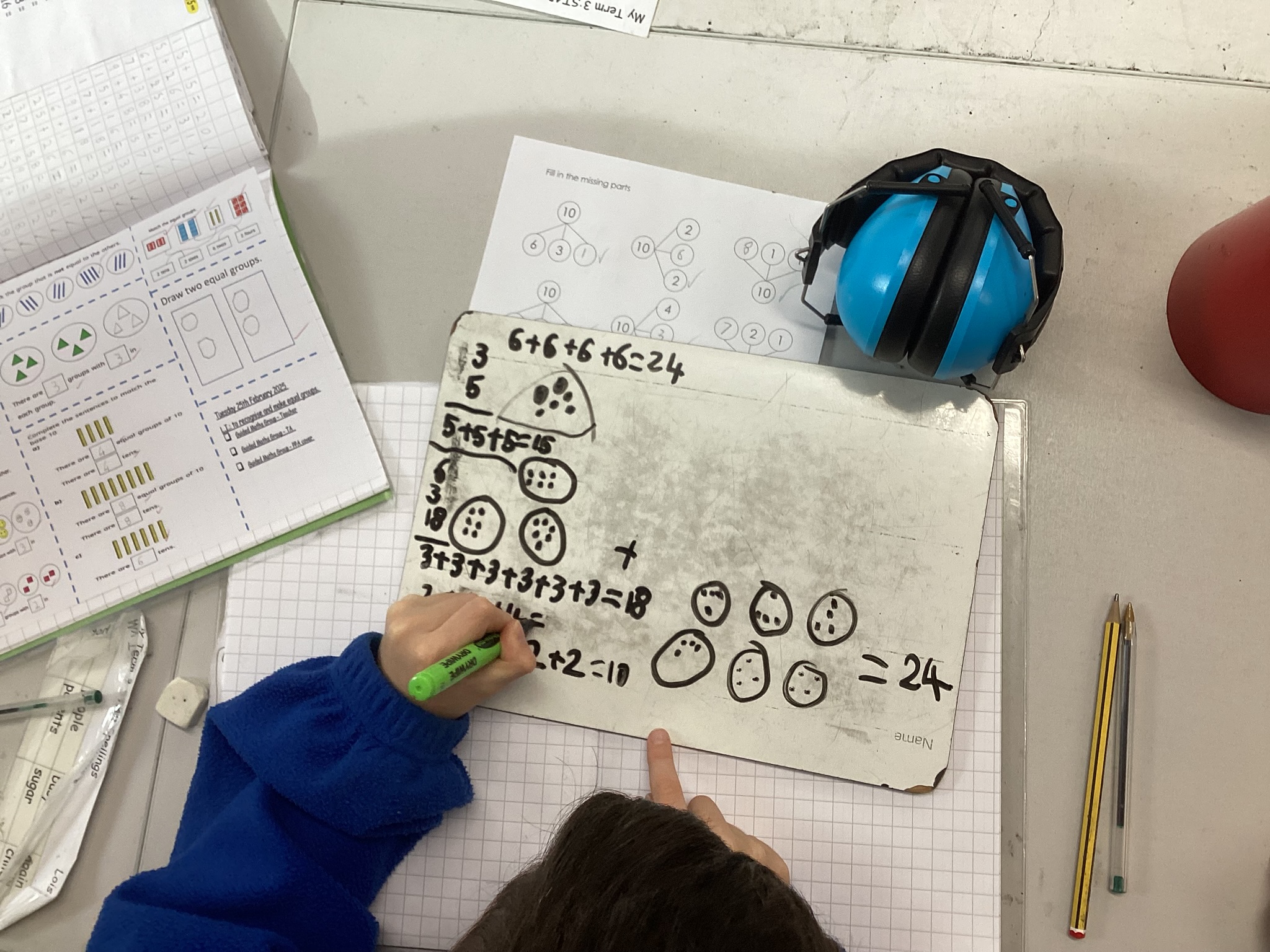
Our curriculum promotes equity by offering every pupil an entry point through thoughtfully selected tasks and visual representations, allowing for flexible adaptation to support all learners in building a solid understanding and keeping pace with their peers. When a pupil encounters challenges with a concept or skill, formative assessments help identify and address any gaps promptly, ensuring they remain on track with the rest of the class.
Through regular opportunities for review and retrieval, alongside guided and independent practice, pupils develop a deep, enduring understanding of mathematical concepts. Core number facts are practised to automaticity, while other key mathematical ideas are mastered and reinforced over time.
Curriculum Threads: Maths - Mathematical Concepts:
Each concept within the Maths curriculum is designed to ensure that all pupils become fluent in the fundamentals of mathematics giving them the ability to reason mathematically and to solve problems.

- Number - Place Value, Addition and Subtraction, Multiplication and Division, Fractions, Decimals, Percentages, Ratio and Algebra.
- Geometry- Shape and Position and Direction
- Measurement- Length and Height, Mass, Capacity and Volume, Money, Time, Temperature, Area, Perimeter and Converting Units.
- Statistics
Curriculum Threads: Maths - Teaching for Mastery:
The curriculum, supported by the NCETM’s Essence of Teaching for Mastery and the 5 Big Ideas, is designed around the following:
Coherence: Interconnected small steps are used to enable a coherent learning progression through the curriculum, providing access for all pupils to develop a deep and connected understanding of mathematics that they can apply and communicate in a range of contexts.
- Variation: Variation draws closer attention to a key feature of a mathematical concept or structure through varying some elements while keeping others constant.
- Conceptual variation involves varying how a concept is represented to draw attention to critical features.
- Procedural variation considers how the student will ‘proceed’ through a learning sequence.
- Representation and Structure: Carefully selected representations of mathematics are used to expose mathematical structure. The intention is to support pupils in ‘seeing’ the mathematics, rather than using the representation as a tool to ‘do’ the mathematics.
- Mathematical Thinking: This is central to our children learning mathematics and includes looking for patterns and relationships, making connections, conjecturing, reasoning, and generalising. Pupils actively engage in mathematical thinking in all lessons.
- Fluency: Efficient, accurate recall of key number facts and procedures is essential for fluency, freeing pupils’ minds to think deeply about concepts and problems, but fluency demands more than this. It requires pupils to have the flexibility to move between different contexts and representations of mathematics, to recognise relationships and make connections, to explain their ideas and to choose appropriate methods and strategies to solve problems.
Curriculum Documents: Mathematics
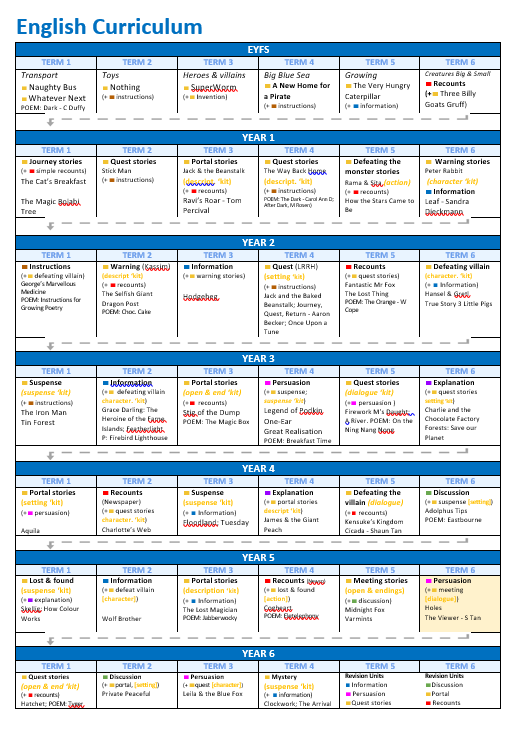
An overview of the Mathematics curriculum can be found here
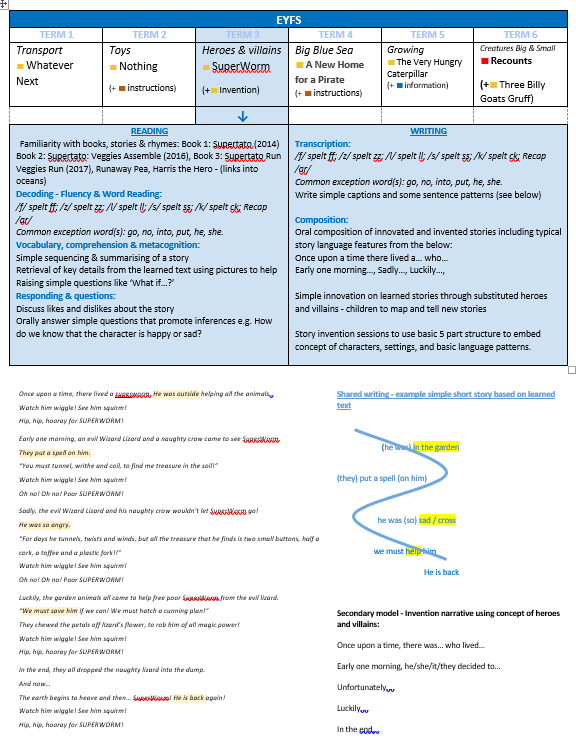
A sample of the school curriculum for Mathematics can be found here
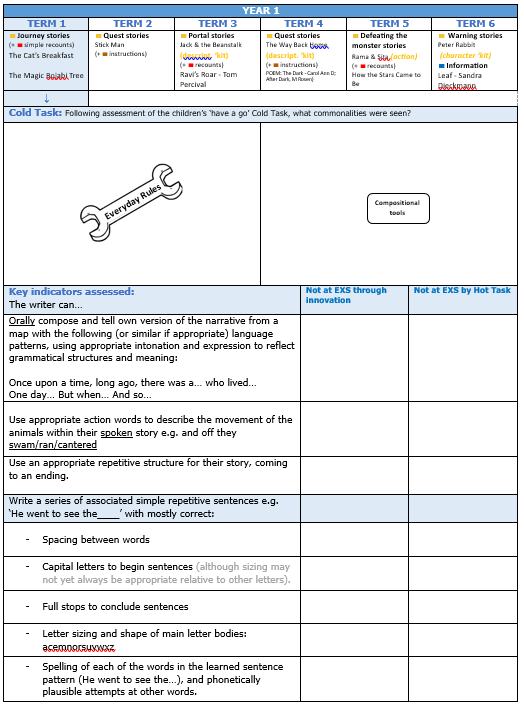
A sample of the school assessment for Mathematics can be found here